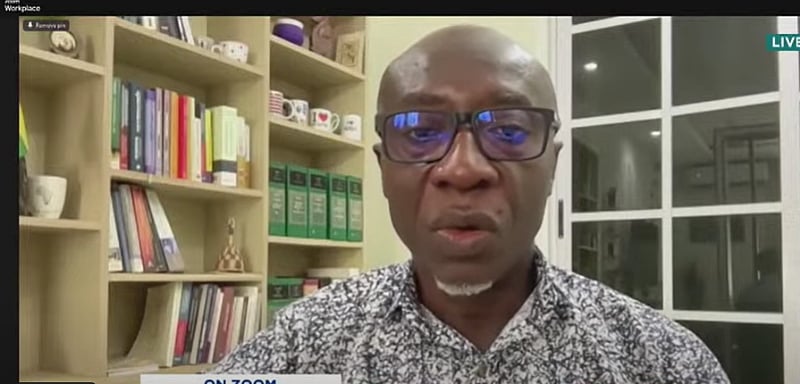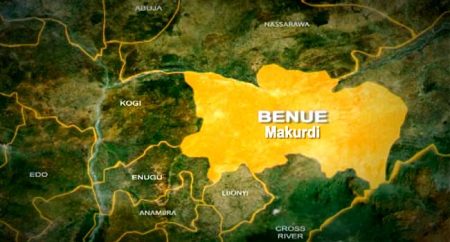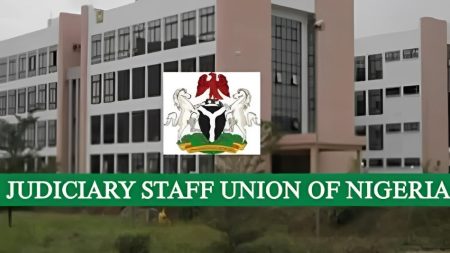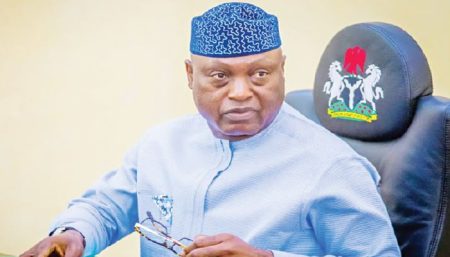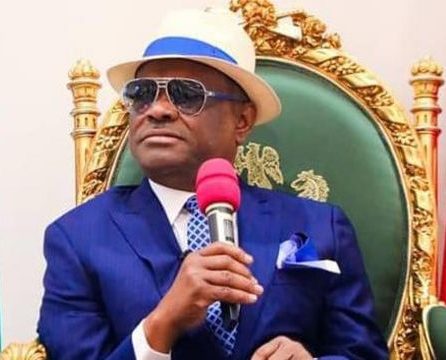The arrest and subsequent detention of Bernard Antwi Boasiako, also known as Chairman Wontumi, the Ashanti Regional Chairman of the New Patriotic Party (NPP), has sparked a heated debate in Ghana, culminating in a controversial protest by Minority Members of Parliament (MPs). Wontumi was initially apprehended by the Criminal Investigations Department (CID) of the Ghana Police Service and later arrested by the Economic and Organised Crime Office (EOCO) on May 27th. While he was granted bail the following day, set at GHC50 million with two sureties, his release was delayed pending a High Court review of the bail conditions. This delay triggered the Minority MPs’ protest, raising concerns about the politicization of the legal process and sparking criticism from legal scholars.
The Minority MPs’ protest involved a dramatic walkout from Parliament on May 29th, followed by a sit-down demonstration at EOCO headquarters. Their central argument revolved around Chairman Wontumi’s public profile and perceived low flight risk, suggesting that bail on self-recognizance would have been a more appropriate measure. This action, however, drew sharp criticism from Professor Kwadwo Appiagyei-Atua, a law lecturer at the University of Ghana, who characterized the protest as politically motivated, unnecessary, and ultimately counterproductive. He argued that the MPs should have adhered to due process rather than resorting to theatrics that could potentially incite lawlessness.
Professor Appiagyei-Atua’s critique centers on the perceived disregard for established legal procedures and the potential for such actions to undermine the rule of law. He underscored the importance of following proper channels to address grievances, especially within the context of a sensitive legal matter. The professor also expressed disappointment in the behavior of the MPs, particularly those with legal backgrounds, questioning their decision to engage in a protest that he viewed as a blatant attempt to politicize Chairman Wontumi’s detention. The incident, he argues, creates a negative perception, suggesting a preference for public spectacle over adherence to legal norms.
The professor highlighted the incident of a journalist being assaulted during the protest as evidence of the potential for such actions to escalate into lawlessness. This, he contended, further underscores the irresponsibility of the MPs’ actions and reinforces his argument that their protest was a poorly conceived and executed attempt to exert political pressure. He emphasized that such behavior not only undermines the credibility of the legal system but also sets a dangerous precedent for future disputes.
The core of the debate lies in the interpretation of the bail conditions and the appropriateness of the Minority MPs’ response. While the MPs argue that the bail conditions were excessive and designed to keep Chairman Wontumi in detention, Professor Appiagyei-Atua contends that their protest was an unwarranted interference in the legal process. This divergence in opinion reflects a broader tension between political expediency and the impartial application of the law. The incident has ignited a discussion about the boundaries of political action within the framework of a democratic legal system.
The Chairman Wontumi case and the ensuing protest have brought to the forefront the complex interplay between politics and the law in Ghana. While the Minority MPs’ actions may have been motivated by genuine concern for their colleague, their methods have been questioned and criticized. Professor Appiagyei-Atua’s remarks highlight the importance of upholding the rule of law, even in politically charged situations. The incident serves as a reminder that the pursuit of justice should be guided by established legal procedures rather than political grandstanding. The long-term implications of this case and the debate surrounding it remain to be seen, but it has undoubtedly sparked a crucial conversation about the intersection of politics and the law in Ghana.





